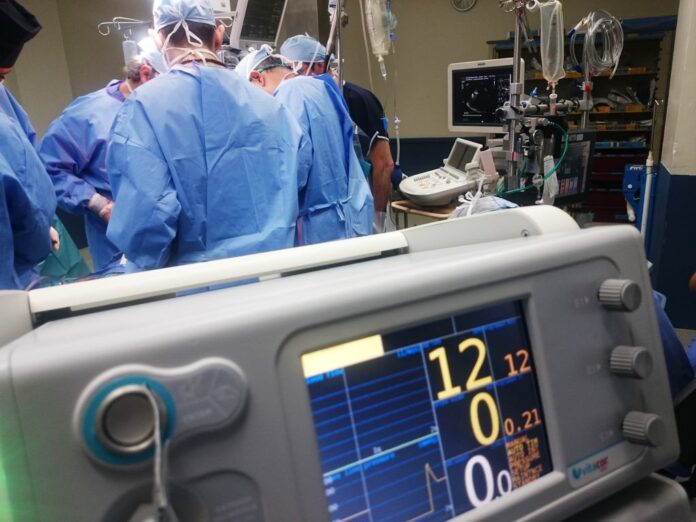Australia is rated as one of the best countries in the world to live in, based on international comparisons of wealth, education, health and quality of life. The sixth largest country by land area, it has a relatively small population, with most people living near the eastern and southeastern coastlines. Australia is indeed known for its high quality of life, and medical professionals are among the top earners in the country. However, there are hundreds of specialties in medical sectors, but here below are the most paid medical practitioners in Australia as of today.
Whether planning to immigrate as medical practitioners or you’re a recent high school graduate contemplating your career path, currently facing unemployment due to economic challenges, or a small business owner navigating the impacts of the current economic climate, or if you’re simply seeking a career change that excites you, it’s essential to stay informed about job trends. Understanding which careers offer the highest annual salaries can play a crucial role in determining the right career path for you.
1. Neurosurgeon
Average salary: $604,582
A neurosurgeon is a doctor who specializes in the surgical treatment of conditions affecting the nervous system, including the brain, spinal cord, and peripheral nerves.
“Surgeon” as a category can be a bit misleading because there are different types of surgeons, and the type of surgery, expertise, and qualifications can heavily impact one’s salary. Among medical specialists, neurosurgeons earned the highest average salary at $604,582, followed by plastic and reconstructive surgeons at $568,439 and ophthalmologists at $592,414.
Qualifications:
Completion of an accredited medical degree at a university
Work in a clinical setting for two to three years
During your third year (PGY3), apply to Surgical Education and Training (SET) with the Royal Australasian College of Surgeons to receive training in surgical specialties such as surgery. Brain, cardiovascular, orthopedic or plastic. This usually takes five to six years.
Upon completion of SET, you can become a Fellow of the Royal Australasian College of Surgeons (FRACS) and qualify as a surgeon.
2. Anesthesiologist
Average salary: $426,894.
An anesthesiologist is a medical doctor who specializes in providing anesthesia and managing pain before, during, and after surgical procedures. They are highly trained professionals responsible for ensuring the safety and comfort of patients undergoing surgery or other medical procedures that require anesthesia. They play a critical role in surgical teams, collaborating closely with surgeons, nurses, and other healthcare professionals to ensure patient safety and comfort throughout medical procedures requiring anesthesia.
Qualifications:
Completion of an accredited medical degree at a university
One year clinical internship
Complete residency in one year (or multiple years)
Applying for a scholarship to the Australian and New Zealand College of Anesthetists (FANZA) vocational training program takes five years to complete.
Once FANZA is completed, you become a fully qualified anesthetist.
3. Internal medicine specialist
Average salary: $334,267.
Internal medicine specialists are trained to diagnose, manage, and treat health conditions that are complex and sometimes complex or difficult to diagnose. They often consult with other practitioners and may have specific specialties or subspecialties ranging from infectious diseases, cardiology, geriatrics, to rheumatology.
Qualifications:
Completion of an accredited medical degree at a university
Complete an intensive three-year internal medicine residency
Three-year full-time training in adult internal medicine
When you successfully complete advanced training, the supervisory committee will recommend you for fellowship status.
You will receive an invitation from the Royal Australasian College of Physicians to apply for fellowship in your department, school or chapter.
licensed doctor
4. Psychiatrist
Average salary: $270,412.
Psychiatrists specialize in diagnosing and treating mental illness through psychotherapy, developing treatment plans, ordering laboratory tests and evaluations, prescribing medications, and admitting patients to hospitals.
Qualifications:
Completion of an accredited medical degree at a university
Become a registered medical practitioner and
Apply to the Royal Australian College of Physicians (RACP) for further training and RACP written and clinical examinations
Undertake specialised training for a further six years
Once completed, you will be admitted to the fellowship of the Royal Australasian College of Physicians (FRACP).









